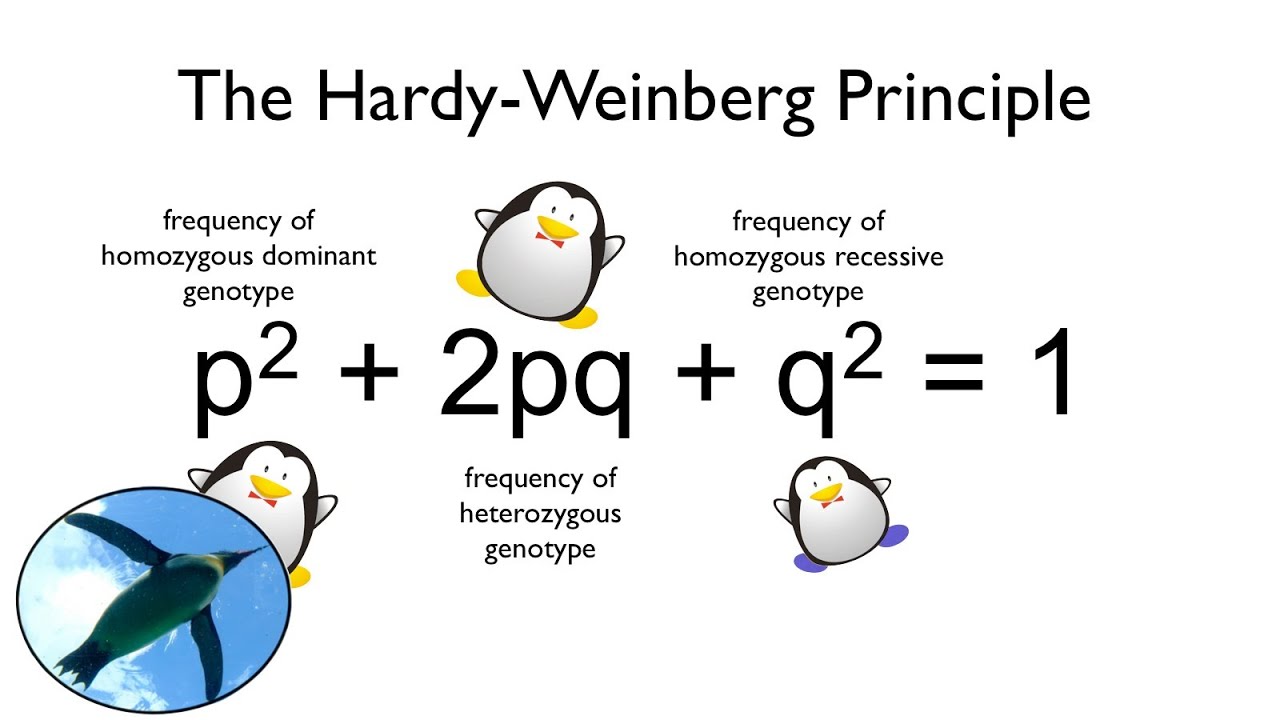Biology Exam Review Flashcards
1/13
Earn XP
Description and Tags
This set of flashcards covers important concepts and terms related to evolution, population dynamics, and ecological interactions as reviewed in class.
Name | Mastery | Learn | Test | Matching | Spaced |
|---|
No study sessions yet.
14 Terms
What is the fossil record and why is it important?
The fossil record is the history of life on Earth as documented by fossils. Its importance lies in providing evidence for evolution and understanding past life forms.
Define natural selection.
Natural selection is the process by which organisms better adapted to their environment tend to survive and produce more offspring.
What is a genotype frequency?
Genotype frequency is the proportion of a specific genotype within a population.

What does Hardy Weinberg equilibrium tell us?
It describes a population that is not evolving, maintaining constant allele frequencies under specific conditions.
What are the four patterns of natural selection?
Directional selection, stabilizing selection, disruptive selection, and sexual selection.
What is intrasexual selection?
Intrasexual selection is competition among individuals of one sex (usually males) for mates.
What are prezygotic barriers to speciation?
Prezygotic barriers prevent mating or fertilization between species, such as temporal, behavioral, or mechanical isolation.
Define sympatric speciation.
Sympatric speciation occurs when new species evolve from a single ancestral species while inhabiting the same geographic region.
What is logistic growth?
Logistic growth describes how a population grows rapidly at first but slows as it approaches carrying capacity.
What are r and K selected life strategies?
R-selected species produce many offspring with low parental care, while K-selected species produce fewer offspring with high parental care.
What is commensalism?
Commensalism is a relationship where one species benefits and the other is neither helped nor harmed.
What is resource partitioning?
Resource partitioning is the division of resources to minimize competition between species.
What happens to energy as we move through trophic levels?
Energy decreases as it moves up trophic levels due to energy loss through metabolic processes.
What is eutrophication?
Eutrophication is the enrichment of water bodies with nutrients, often leading to excessive algae growth and oxygen depletion.